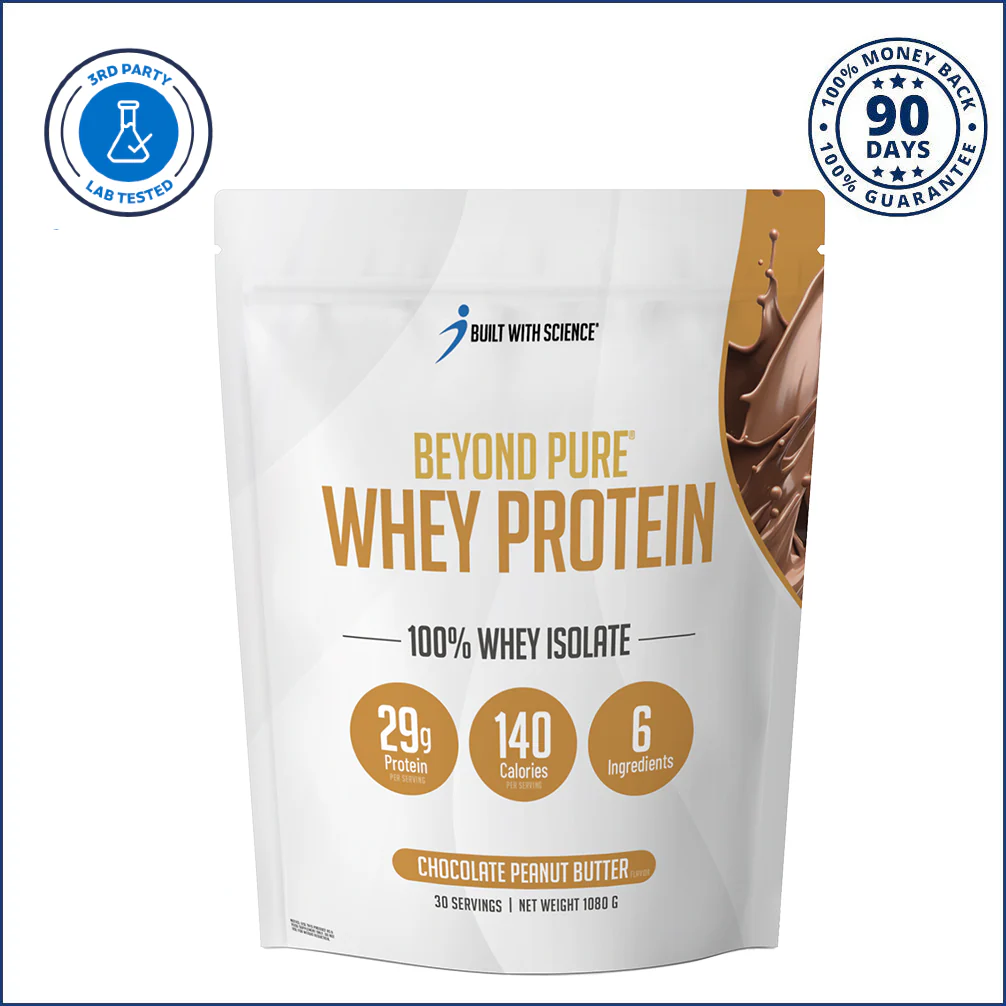If you want to burn the most calories within a workout session, your best bet would be cardio (versus strength training when the duration is matched).
That’s because research shows lifting weights just isn’t all that good at burning calories, especially compared to traditional cardio forms. And contrary to popular belief, “traditional forms of cardio” doesn’t mean the same as “cardio forms that most people find torturous”, like running.
It could be something as simple as walking. Yes, really.
And I’ve written several articles on why I think walking is the best and easiest exercise to lose fat faster — with this being the latest article.
Now, don’t be mistaken. I’m not saying that strength training does nothing for burning calories. In fact, it’s quite the opposite. While it does burn fewer calories compared to cardio, consistently lifting weights can help you put on muscle mass, which:
- Increases the number of calories you burn at rest and during physical activity, and
- Improves appetite regulation
Both are important factors for successful long-term weight management. But, of course, you could make certain tweaks to your strength training sessions to maximize your calorie burn; find out what those are in this article.


